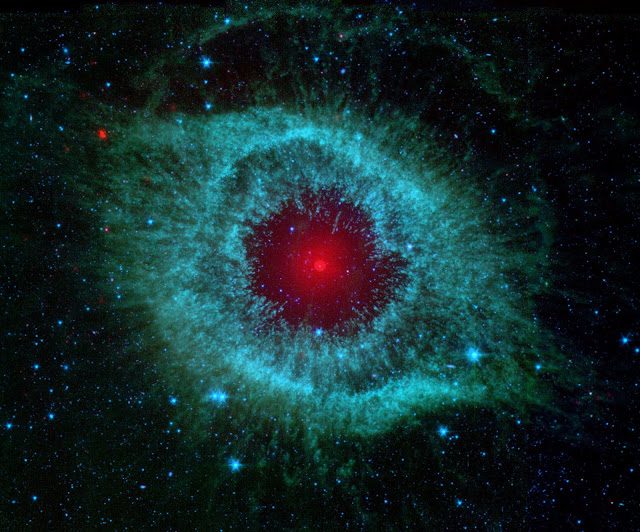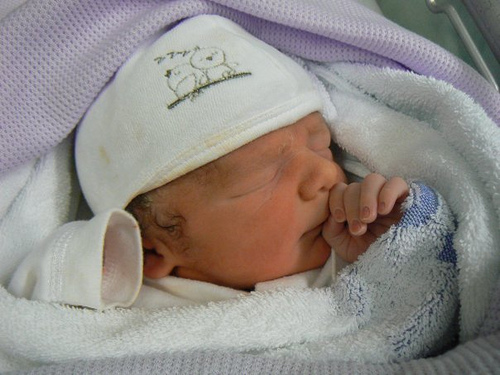In God and Reason Part I,” we saw that science is a method of observation, investigation, and explanation. It is not a belief system and as such, it has no tools or arguments to claim that what it does not observe does therefore not exist. There is another source of knowledge called revelation. We saw that the fallen will of man does not want to accept God’s revelation because that would beg the question why he is not worshipping this God.
Have science and revelation always clashed? Notice how in Genesis 2, the creator brings animals to Adam to see what he would name them and then approves of the names (vs. 19). There was gold, bdellium and onyx in the Garden. The presence of gold, onyx (hard material), and bdellium (soft, resin-like) suggests a future of development. Humanity would grow in wonder and adoration seeing through science the marvelous concord between who God is and what he made.”
When humans fell in sin, they lost the substance and essence of God’s image given in creation. But they still have a remnant of this image, for example, the human desire for peace and the craving for justice. In the same way, we still have traces of creation knowledge. I am going to deal with two of them in this article: origin and evolution. By remnants of creation knowledge I mean that after science has tried all it can, people—deep down—continue to have doubts. There is this other trace of knowledge that keeps raising its head.
The first is origin. To start with nothing and end up with something cannot be explained by science. Before the classical Greek philosophers (Socrates, Plato, and Aristotle) came to dominate Western thinking, scientists assumed that material things simply had no beginning. Due to findings in physics in the last 100 years, most scientists now admit on their own terms (the first and second laws of thermo-dynamics among them) that this assumption is wrong. Of course, if they had received Genesis 1 and 2 in the first place, they could have known all along. Remember, God even directs science itself to teach scientists about creation.
Origin remains a puzzle for scientists. Some pre-matter had to exist that eventually led to all things physical. The leading theory is that gas-like particles caused a large sudden process (big bang) that generated matter. The problem is that this ‘Big Bang’ thesis still does not explain how the pre-matter or gas-like particles came into being. In other words, the Big Bang solution is not a solution to origin. “In the beginning, God” is a more logical statement than any proposition about pre-existing energy, vapour, big bangs or big crunches. God, who is without cause, time and matter, caused time, space and matter to come into being. Ultimately it is by faith and not (just) reason that we ‘understand’ creation, but the faith that receives this explanation is not airy fairy but quite reasonable. God has said that he is without beginning and without end. He calls himself the “I am that I am.” It makes sense that a God without beginning can indeed be the cause of all things with a beginning.
There is a marvelous phrase in the letter to the Hebrews which captures the debate on origin: “so that things which are seen were not made of things which do appear” (Chapter 11). In other words, the material world was made by the non-material. Not only is this logically plausible but it is also in fact more likely than material just showing up.
To illustrate my point that the problem is not reason per se, consider an example from the world of law. In court trials evidence is sometimes called ‘inadmissible,’ usually because it has been allegedly gathered without proper authority or process. Similarly, secular scientists rule that ‘God-as-the-originator’ is inadmissible evidence. As in court, the evidence ruled inadmissible is often the real story. Divine creation is the real story that science cannot see.
The second is evolution. The logic of the evolution argument is that all things have changed slowly from simple matter and life form to more and more complex. Just as scientism is a case of over-reach so ‘evolutionism’ is a case of overreach as it tries to claim that it can explain all things by virtue of the logic of change.
I want to make sure not to over-state the point. Evolution itself or the notion that things change over time is logical and supported by observation as well as revelation. Consider a few examples: The people immediately after Adam lived hundreds of years. (It may be a reflection of the eternal life God had designed for them) People today are very old at 90. We have new dog breeds that result from pairing previous ones. It is likely that we have many more dog varieties today than 300 years ago. Lions in the Garden of Eden ate herbs and plants. Now they eat meat. In the new heaven and earth they will no longer eat meat. Change within species or micro-evolution is not something Christians need to quarrel with.
But science oversteps its bounds (again) when it claims macro-evolution as the explanation of life and all diversity of life. The macro-evolution assertion is that all things come from very few things and ultimately from the simplest ancestor of life forms. A good deal of evidence is increasingly pointing away from this theory. Researchers are finding out that even the simplest organisms broken down to their single cells are so intricate and so dependent on design that this race to the bottom in terms of simple is not satisfying reason. The thorny question is: if the ultimate simple life form (also called last universal common ancestor) is both highly complex and cannot in fact be broken down into simpler pieces how did it come to be such? At one point, scientists thought there was no limit to the amount of time it could have taken for this all to line up, but since the laws of physics require a finite amount of time for all things, there is not enough time for this to occur. That leaves two known answers: the leap from nothing to the first life form happened by random chance or by design.
One writer compared the idea of the components in a single cell coming together by chance in a limited time frame as follows: Imagine a very large scrap-metal yard. Suddenly a whirl wind blows up and there stands a fully assembled, flight-ready Boeing 747. As you can appreciate, compared to such a chance argument, the design argument is rather reasonable.
Moreover, God-the-designer has said that he made various types of creature and species. Life does not have to be reduced to its simplest form in order to be understood. God has clearly willed to create complex things and he is obviously able to do so. About humans, he said that they were made in his image. A complex God has created complex creatures. This is quite reasonable. Thus we can conclude that in essence the macro-evolution logic is a deliberate alternative to circumvent the nature of God who designs complex things by his word. In other words, God did not only cause the origin of all things, but he caused things to come into being at a sophisticated level. He wanted his creation to enjoy him so why would he make primitive life forms and wait?
Evolution is about change. The Bible declares that the most dramatic change took place as a result of sin because sin turned life into death. Put in its proper perspective, the extent to which evolution occurs is one of the results of sin. To turn change into a theory of macro-evolution and thus place it above God as an alternative to understanding the beginning and complexity of life betrays arrogance.
This article was first published in Insight Into, a youth magazine published by the Netherlands Reformed Congregations. It has been republished here with permission from the author.


